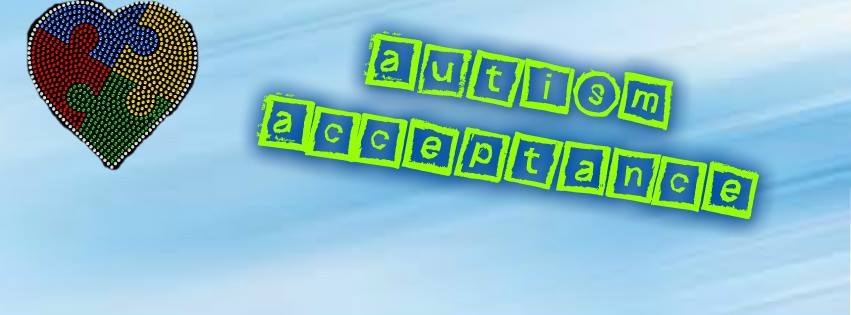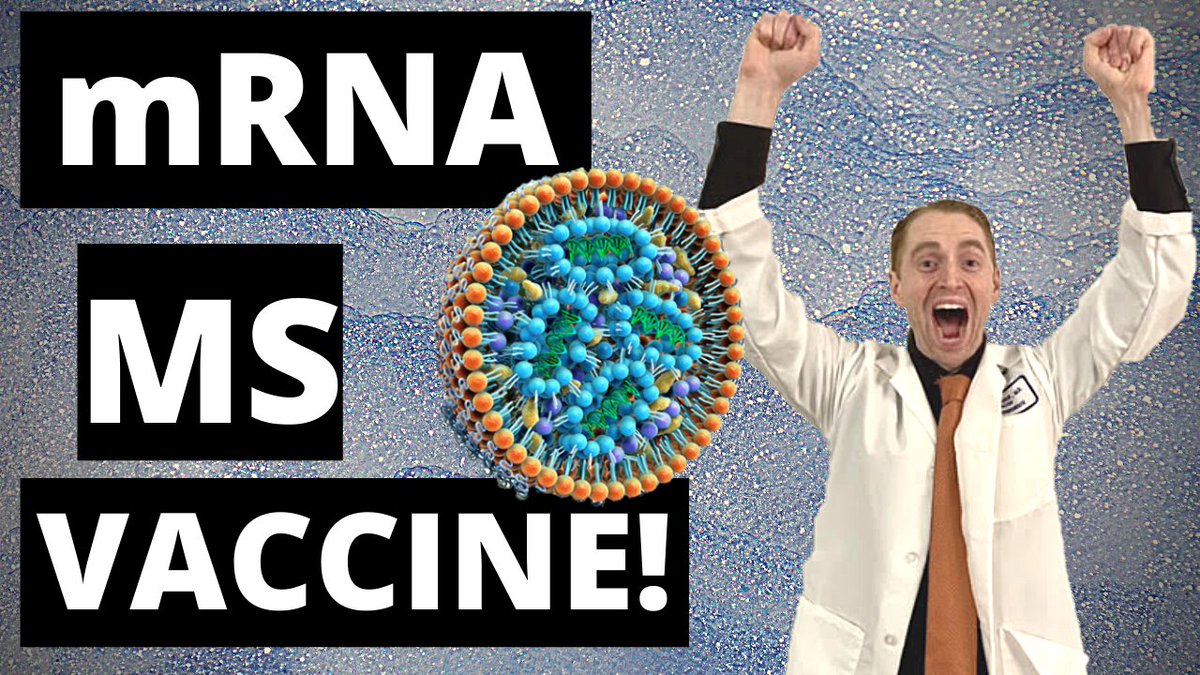
Autism Acceptance Facebook Cover
[Original article on NHS Choices website]
Explaining to your child that they have autism can be difficult for some parents. Here an expert gives some tips on how to have the conversation.
In her work as a child psychiatrist with Surrey and Borders NHS Trust, Dr Glòria Durà-Vilà meets many parents in her clinic who struggle with telling their child about their autism spectrum disorder (ASD) diagnosis.
Children need to know they have autism
“Many children who arrive in my clinical practice don’t know about their diagnosis of ASD because their parents didn’t know how to explain it and were worried it could upset them,” she says.
Glòria found this lack of communication often led to upsetting situations. For example, one child found out about his diagnosis when he read the word “autistic” next to his name on a class list at school.
Another child, already a teenager, had no idea that his problems with making friends were caused by his autism, instead believing it was because he was “ugly”.
These instances and many others inspired Glòria and illustrator Tamar Levi to create a picture book designed to help parents have those conversations at home.
“Our book explains what an autism diagnosis means, and encourages an exploration of the child’s strengths and differences in a tone that speaks directly to the child,” she explains.
“We wanted the pictures to show how the world looks from the child’s perspective. So, for example, we avoided using facial expressions, as these are often confusing to children with autism.
“It doesn’t have to be read all at once and can be revisited at any time.”
The benefits of telling your child about their ASD
Knowing about their diagnosis can help a child to explain the differences they may have noticed between themselves and other children, and shed light on the difficulties they’re facing.
These differences can have a negative impact on their self-esteem and the way they perceive themselves if they are left unaddressed.
“Children whom I have diagnosed with ASD have told me about the positives of knowing what their condition was.
“I even had a card from a teenager I diagnosed who thanked me because he now ‘liked himself more’, as he now knew why at times he didn’t fit in,” says Glòria.
Sometimes parents ask Glòria if she can tell their child about the diagnosis, but she feels that because they are the ones who know their child best, they can provide a loving and safe space to deliver this message.
“A child will be much more receptive to their parents talking to them at home, rather than hearing it from a professional,” she says.
No one size fits all. In some cases of autism, a child’s ability to communicate or understand can be significantly impaired, in which case they will have different needs, starting with finding the right educational environment to help them reach their potential.
“I have met amazing parents of children with these difficulties who found creative ways to communicate – such as one mother who communicates with her child through different types of caress, rather than words or gestures,” says Glòria.
“I was struck by how these parents accepted their children’s problems and enjoyed their uniqueness, celebrating each one of their achievements, no matter how small.”
Your emotions as a parent
“Many parents react with relief on hearing the diagnosis, as they were the ones who initiated the assessment process and realised they ‘always knew’, but felt the diagnosis and learning about the condition helped them to understand their child better. However, others initially react with disbelief or sadness,” says Glòria.
“I often tell these parents that their child is still the same special boy or girl whom they love, and that a diagnosis of ASD is just an explanation for the difficulties they are having and a step towards finding the right help they need,” she says.
Many parents ask whether their child’s ASD was in any way their fault. “For example, although the claim the MMR vaccine could cause autism has been widely discredited, I still have parents attributing their child’s autism to this vaccine and blaming themselves for allowing their child to have it,” says Glòria. “I try to explain that it is a neurodevelopmental condition that isn’t anyone’s fault.”
Glòria encourages parents to concentrate on finding services and voluntary organisations that will help their child thrive.
The National Autistic Society has advice and information about living with autism, including about some of the benefits and services available to people with autism and their parents and carers.
Glòria’s tips for talking about ASD
Choose a time when your child is at their most calm and receptive.
Pick a space with few distractions.
Return to any questions your child may have already asked while they were being assessed, and use these as cues to start the conversation.
Make sure any information you give them is right for their age so they can understand what’s being explained to them.
You may also like to read Deborah French’s account of raising her son Henry, who has ASD.


